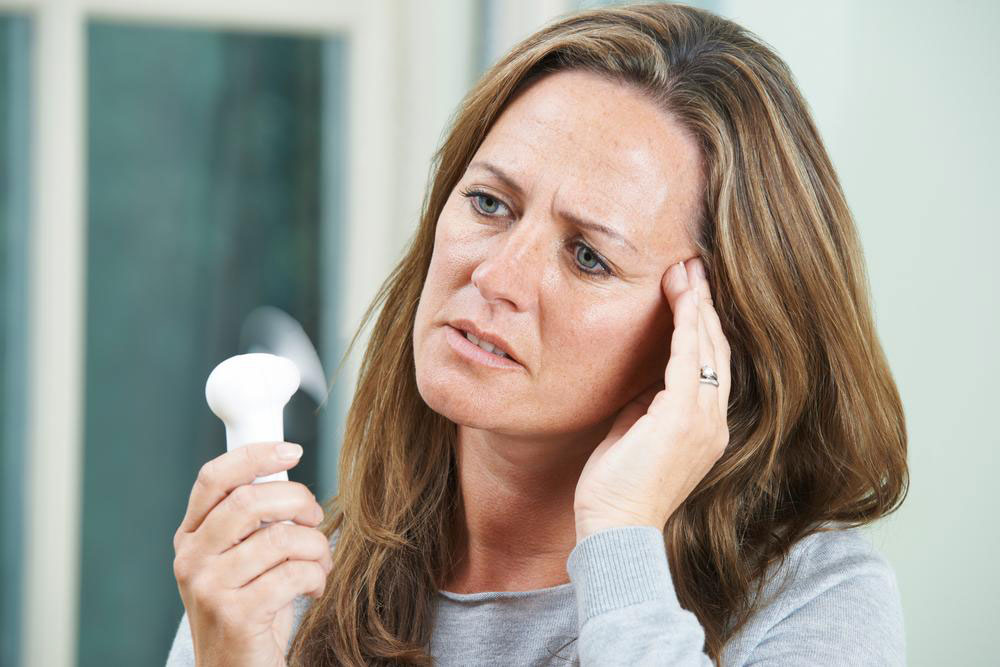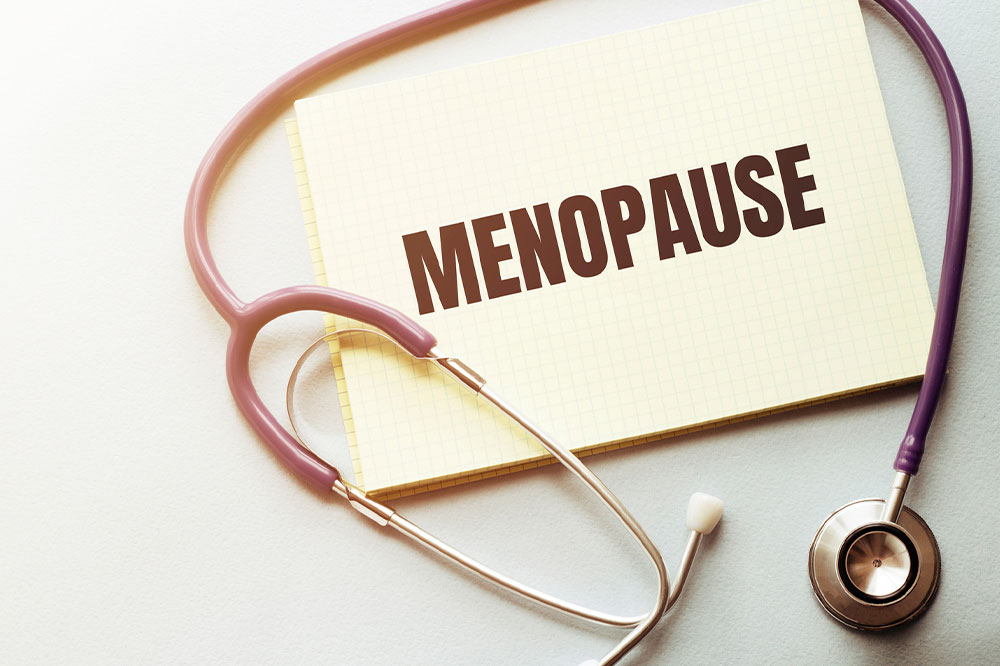Effective Strategies to Minimize Discomfort and Enhance Intimacy During Menopause
Menopause can bring physical and emotional challenges affecting intimacy, but effective strategies like patience, lubricants, exercise, and creative approaches can greatly improve comfort and satisfaction. This comprehensive guide provides practical tips for women navigating menopause, helping them maintain an active and fulfilling sex life. Understanding symptoms and adopting mindful practices enable women to enjoy intimacy confidently during this natural life stage.

Effective Strategies to Minimize Discomfort and Enhance Intimacy During Menopause
Menopause is a significant transitional phase in a woman’s life, often accompanied by various physical and emotional challenges driven by hormonal fluctuations. These changes can impact intimacy and sexual health, but there are numerous practical methods to help women experience more comfortable and fulfilling moments during this stage. This comprehensive guide explores proven strategies to reduce discomfort and promote intimacy during menopause.
Menopause signifies the end of a woman’s reproductive years, typically occurring between the ages of 45 and 55. It results from declining ovarian function and hormonal shifts, primarily involving estrogen and progesterone levels. While many associate menopause solely with the cessation of menstruation, it is also characterized by a broad spectrum of symptoms that can affect daily life and relationship intimacy. Understanding these symptoms is the first step toward effective management and enjoying a vibrant sex life despite these changes.
Common menopausal symptoms include hot flashes, night sweats, sleep disturbances, mood swings, irritability, fatigue, vaginal dryness, and decreased libido. The reduction in estrogen causes thinning of the vaginal tissues, reduced elasticity, and decreased natural lubrication. These physiological changes often lead to discomfort during intimacy, sometimes making sex painful or less pleasurable. Studies show that approximately 25-45% of women experience some form of discomfort during sexual activity during menopause, which can affect emotional well-being and relationship satisfaction.
Despite these challenges, menopause does not mean the end of an active and satisfying sex life. Many women discover that their sexual vitality can be revitalized through mindful and gentle practices. It’s essential to adopt strategies that prioritize comfort, communication, and self-care to navigate this transition successfully. This guide presents a series of effective and practical tips designed to help women reduce pain and rediscover the joy of intimacy during menopause.
Prioritize Patience and Communication
Patience is crucial during this period. As women age, physiological responses related to arousal and response may slow down. Open and honest communication with your partner becomes even more important to foster understanding and emotional connection. Discuss your needs and concerns without judgment, focusing on exploring what feels pleasurable and comfortable. Sharing your feelings allows your partner to support you better, and together, you can adapt your intimacy routines to suit your changing bodies. Remember that sexual response involves a complex interplay of physical and emotional factors, and taking time to relax and connect can significantly improve the experience.
Utilize Personal Lubricants Effectively
Vaginal dryness is one of the most common obstacles faced by women in menopause, leading to discomfort, burning sensations, itching, or pain during intercourse. While increased foreplay can help stimulate natural lubrication, many women find that using water-based or silicone-based lubricants makes a noticeable difference. Products such as KY Jelly, Astroglide, or natural oils like olive or coconut oil can serve as effective solutions, making intimacy smoother and more pleasurable. Applying a generous amount of lubricant before engaging in sexual activity ensures less friction and reduces pain, thereby encouraging a more positive sexual experience.
Incorporate Regular Pelvic and Flexibility Exercises
Targeted physical activity can significantly improve comfort during intimacy. Engaging in pelvic floor exercises, such as Kegel exercises, strengthens the muscles that support the pelvic organs and enhances blood flow to the genital region. Additionally, stretching routines focusing on the hips, hamstrings, and inner thighs can improve flexibility, reduce muscle tension, and alleviate discomfort. Squats, pelvic tilts, hamstring stretches, and gentle yoga poses are particularly beneficial. Regularly practicing these exercises not only boosts physical well-being but also increases confidence during intimacy. Consulting with a physical therapist specializing in pelvic health can offer personalized routines for optimal results.
Embrace New Approaches and Creative Romantic Practices
Age should never limit your exploration of intimacy. Post-menopause, women are free from concerns about contraception, which opens up new possibilities for spontaneity and experimentation. Try new approaches, such as exploring different sexual positions, incorporating adult toys, or trying out new environments for intimacy. Romantic gestures like surprising your partner with special dates or wearing sensual lingerie can reignite passion. Openly discuss fantasies and interests, focusing on mutual enjoyment rather than performance expectations. Creativity and openness foster a more relaxed and satisfying sex life, allowing women to enjoy intimacy without stress or pressure.
In conclusion, discomfort during sexual activity in menopause is common but manageable with the right mindset and techniques. Patience, communication, lubrication, targeted exercises, and creative exploration are key elements to enhance comfort and pleasure. Empowering women to embrace these strategies leads to a more enjoyable, confident, and fulfilling intimate life during this transformative phase.





